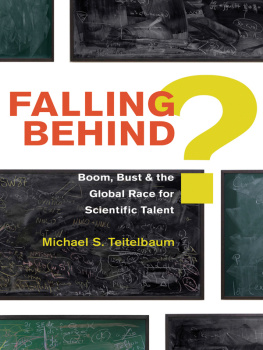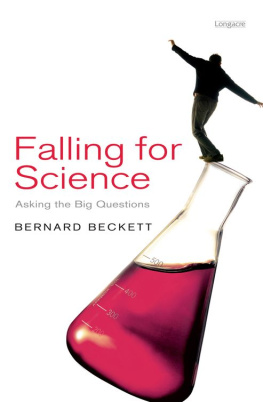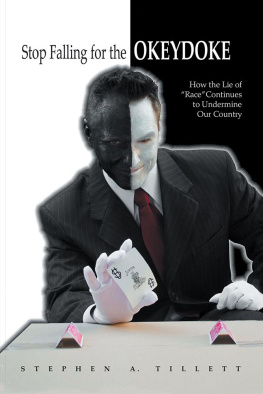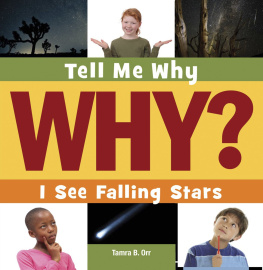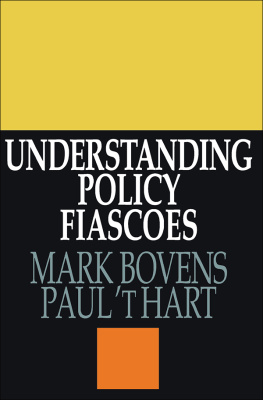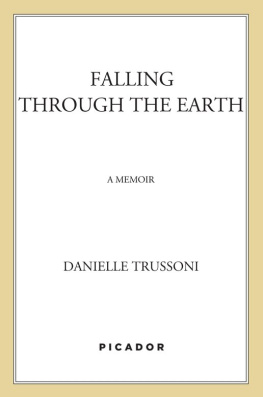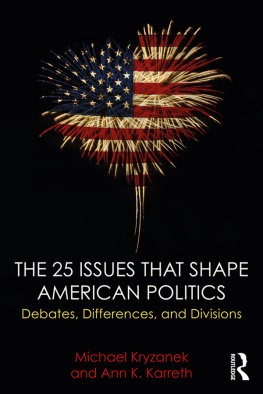
FALLING BEHIND?
FALLING BEHIND?
Boom, Bust, and the Global Race for Scientific Talent
Michael S. Teitelbaum
Princeton University Press
Princeton and Oxford
Copyright 2014 by Princeton University Press
Published by Princeton University Press,
41 William Street, Princeton, New Jersey 08540
In the United Kingdom: Princeton University Press,
6 Oxford Street, Woodstock, Oxfordshire OX20 1TW
press.princeton.edu
Jacket Photograph: Details of photographs from the Momentum Series Alejandro Guijarro
Jacket design by Jessica Massabrook
All Rights Reserved
ISBN 978-0-691-15466-4
Library of Congress Control Number: 2013957467
British Library Cataloging-in-Publication Data is available
This book has been composed in Sabon Next LT Pro and Akzidenz-Grotesk BQ
Printed on acid-free paper
Printed in the United States of America
10 9 8 7 6 5 4 3 2 1
CONTENTS
What Is the Market Really Like?
Supply, Demand, Shortage, Surplusand Disequilibria |
ACKNOWLEDGMENTS
I am very grateful for the assistance provided by organizations and colleagues in the development of this book. In particular the Labor and Worklife Program at Harvard Law School and the Alfred P. Sloan Foundation provided important support at critical times. Many individuals too numerous to mention have also provided generous assistance, suggestions, and constructive criticism. Special thanks are due to Richard Freeman, Paula Stephan, Elaine Bernard, Jack Trumphour, Alida Castillo Freeman, Lorette Baptiste, Walter Schaffer, Nirmala Kannankutty, Mark Regets, James Light-bourne, Philip Martin, Sharon Stanton Russell, David Kaiser, Bruce Morrison, Hal Salzman, Lindsay Lowell, Vivien Stewart, Paul Joskow, Ralph Gomory, Daniel Goroff, Clinton Oxenrider, Robin Wagner, Michael Boyle, Robert Wyman, Ronil Hira, and Henry Bourne. The project also benefited from the valuable advice of Seth Ditchik, Beth Clevenger, and Brigitte Pelner at Princeton University Press, and copyeditor Karen Verde.
Of course the books analyses should not be interpreted as necessarily those of the institutions and individuals mentioned above. These, and any factual errors, are entirely my responsibility.
FALLING BEHIND?
Introduction
In this increasingly globalized world, respected and influential voices warn urgently that the United States is falling behind in a global race for talent that will determine the countrys future prosperity, power, and security. Expressions of such concerns have become common, even conventional, and are embraced with little question by many who have leadership roles in politics, business, media, and education. The gist of this perspective and its key assumptions might be fairly summarized as follows:
The second wave of globalization now under way differs significantly from the first wave of about a century ago. Now a nations economic prosperity is no longer closely related to its physical capital, natural resources, and economic system, but instead is driven by its human capital. It is the education, skill, creativity, and entrepreneurship of a countrys population that will determine whether it will prosper or fall behind in the twenty-first century.
The dominant economic role now being played by science and technology means that the core of any nations human capital consists of the size and creativity of its science and engineering workforce. Hence it is critical for the future of the United States (and indeed of all nations) both to educate domestically and to attract from abroad the largest feasible numbers of the best and brightest of scientists and engineers. These resources of critical human capital will, in turn, propel the economic growth and prosperity of the nation. Countries that fall behind in science and technology will stagnate economically as others charge forward. Moreover, leading-edge capabilities in science and engineering also have become central to every nations international and domestic security.
In short, scientists and engineers form the vanguard of each countrys future competitiveness and security in a globalized world.
For some, the subject is more than an issue of competitive advantage among nations in economic or security terms. Indeed, it is a matter of global human survival, expressed in terms approximating the following:
Humanity as a whole has much to gain from collective investments in human capital in science and engineering. Research in basic biomedical science is the wellspring of major advances against diseases such as cancer, HIV, malaria, and new epidemics. The creativity of scientists and engineers in biomedical fields enables reduced mortality and healthier lives for all of humanity, lower expenditures on healthcare, and more productive workforces worldwide. Scientists and engineers in other fields are of equal importance to the future of humanity, advancing understanding and capabilities in chemistry, physics, energy, and earth sciences that contribute to the global good by enhancing collective understanding of Earths environment and of effective means for mitigating damage to it.
Guided by such perspectives, many corporate, political, and opinion leaders in the United States have been sounding persistent alarms about current or future shortages in the nations human capital in science and engineering, and more generally to unfavorable trends relative to those in other countries. If their concerns can be encapsulated in a single sentence, it might read as follows:
The United States, long a leader in the number and quality of its scientists and engineers, has been falling behind its international competitors, and is thereby risking serious deterioration in its future prosperity and security.
These recent alarming assessments of the state of U.S. education and research in science and engineering turn out to be quite inconsistent with a very substantial body of research literature produced by independent scholars. Nonetheless, the U.S. political system during the past decade clearly has been highly responsive to claims of shortages or shortfalls of scientists and engineers, and has taken actions designed to increase the number of scientists and engineers in the U.S. workforce.
This political responsiveness to such assertions of alarm is by no means a new phenomenon. Quite the contrary: concern about shortages has a long and fascinating history that goes back at least to World War II. It is a story that lies at the heart of many of the central domestic and international developments, both political and economic, of that tumultuous period. Perversely, past shortage claims, some of which are eerily similar to those being heard today, have led to repeated three-stage cycles of alarm, boom, and bust that have buffeted and destabilized the nations science and engineering workforce.
In stage 1 of such cycles, the alarm has been sounded about the United States falling behind in the supply of scientists and/or engineers. In stage 2, the U.S. political system has responded to these alarms with measures that generated rapid expansion in the supply of scientists and engineers. This stage 2 boom has then generally (though not always) been followed by stage 3 of the cyclea bust in which expanded numbers of enthusiastic young scientists and engineers, some of whom had devoted many years to advanced education, unexpectedly have found themselves facing chilly labor markets and unattractive career prospects. Finally the cycle has come full circle, as knowledge of the unhappy career experiences of recent graduates cascaded down to talented younger generations of U.S. students who have chosen to pursue other career paths, thereby stimulating a new round of alarms about impending shortages.
Next page
